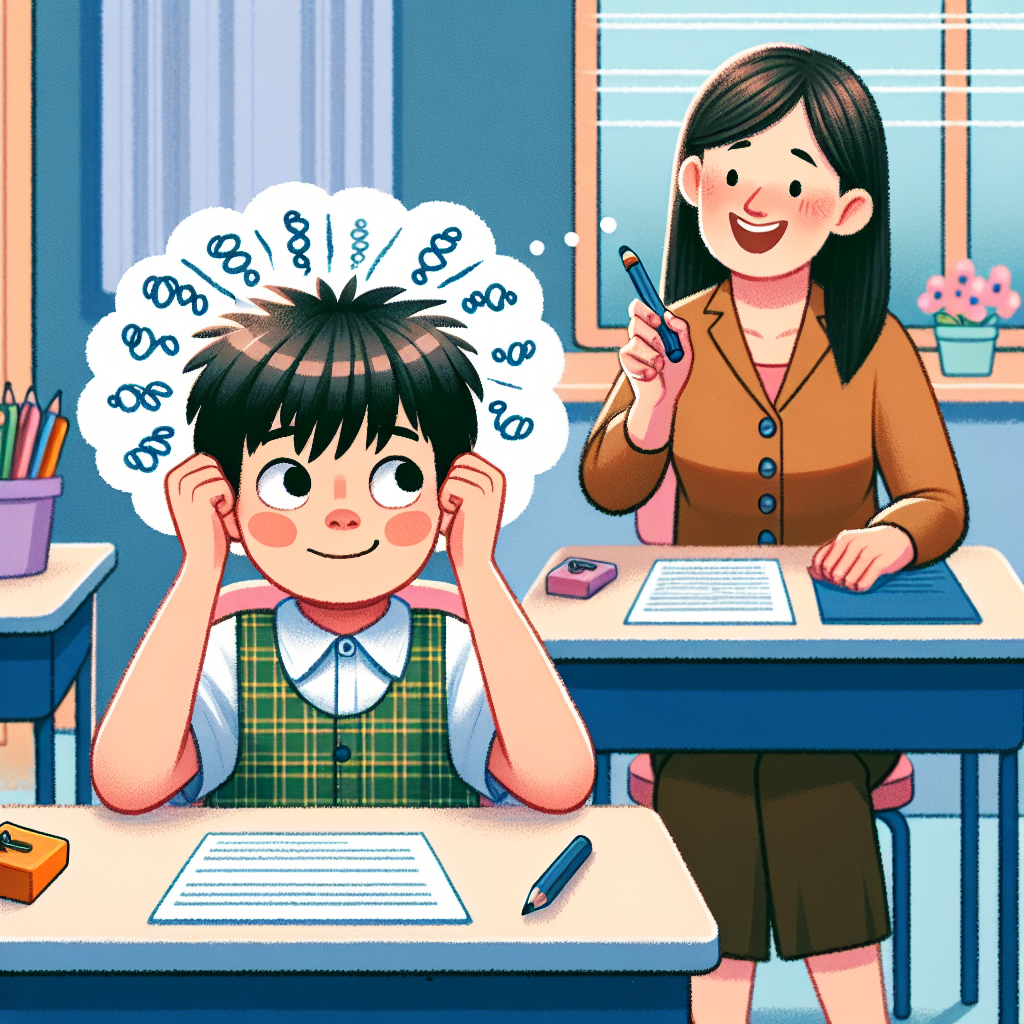Child Development: A Complete Guide to the Essential Stages
Attention Deficit Disorder in Children: When to Worry
Concerns about children's attention are common among parents and educators. This comprehensive guide will give you the essential information about your child's developmental stages and when you might be concerned about attention deficit disorder. We will discuss what this deficit means, how it can be recognized and addressed, so as to ensure an environment conducive to the growth and development of children.
Motor Development
When we talk about motor development in children, we mean their ability to control muscle and body movements. This is essential for carrying out daily activities such as eating, dressing or drawing. Children develop motor skills naturally as they grow, but in some cases there may be delays that indicate problems in their development.
Before associating these delays with a possible attention deficit, it is important to observe the child's behavior in different contexts. For example, a child who seems clumsy only at school but not at home may not be suffering from attention deficit disorder, but rather from anxiety or discomfort in that environment. Careful observation and discussions with child health professionals are essential in correctly identifying the problem.
Language development
Language development is another key area in child development. He begins to communicate from an early age, and the rate at which he enriches his vocabulary and grammatical structure can vary significantly from one individual to another.
Language difficulties can sometimes be confused with attention deficit. Children who can't seem to follow directions or participate in conversations may appear to have attention problems. In reality, they may not understand the language or have difficulty expressing it. As with motor development situations, it is important to distinguish between language delays and a possible attention deficit in order to intervene appropriately.
Concentration and Attention
Concentration and attention are fundamental aspects of the learning process. Children have different learning styles and attention spans, and some may be more prone to distractions. Before assuming that a child has an attention deficit, it is important to note whether the concentration problems occur constantly or only in certain situations or times of the day.
It is normal for a child to be inattentive or distracted occasionally, especially when they are tired or bored. However, if this behavior is persistent and negatively influences school performance or social relationships, it could be a signal that we need to seek professional help.
Treatment and Intervention
When there are suspicions that a child suffers from an attention deficit, the next step is to consult a specialist. Your pediatrician or a child psychologist can do a detailed assessment and propose an individualized treatment plan. Treatment may include behavioral therapy, time and attention management strategies, educational support, and, in some cases, medication.
It is crucial to understand that each child is unique and that treatment approaches must be individualized. Parental support and understanding, along with collaboration with education and health professionals, are vital to a child's progress.
Conclusion
Child development is a complex and dynamic process that requires continuous attention and care. It's normal for parents to be concerned about their children's attention spans, but it's important to recognize that each child has their own pace of development.
If you have concerns about your child's attention, I encourage visiting a dedicated section of our store for additional resources or subscribing to our newsletter for up-to-date tips and information. Remember that prompt diagnosis and appropriate intervention can make a significant difference in your child's development and happiness.














































































































































